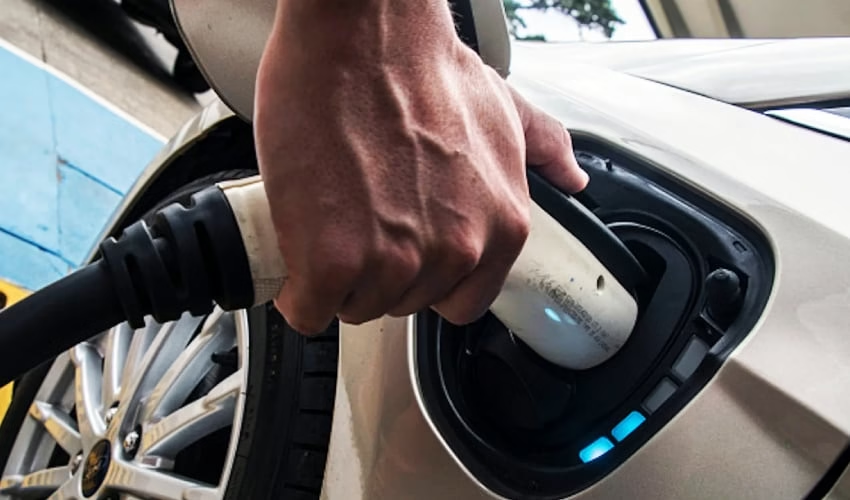Five-year policy expected to save up to 2.7bn litres of petrol annually

The federal government has unveiled the key features of Pakistan’s new Electric Vehicles (EV) Policy 2025, aimed at reducing reliance on imported fuel, supporting clean transportation, and fostering local industry.
The five-year policy, part of the broader green energy transition, is expected to save up to 2.7 billion litres of petrol annually, translating into $1 billion in savings on oil imports each year.
Massive subsidy package for e-bikes, rickshaws
In a major push to promote electric mobility among the masses, the government has allocated Rs9 billion in subsidies for electric bikes and rickshaws in the next fiscal year’s budget. According to official figures:
- Over 116,000 e-bikes and 3,171 e-rickshaws will benefit from the subsidy.
- The total subsidy allocation for the sector over time is expected to reach Rs100 billion.
- A 25% quota has been reserved for women, in a move to ensure gender inclusivity in sustainable transport initiatives.
Officials say the subsidy funds will be sourced from levies imposed on old vehicles that are typically less fuel-efficient and more polluting.
Boost to local EV industry
The EV policy also focuses on strengthening Pakistan’s domestic electric vehicle industry, with the government working on 90% localization for electric bikes and rickshaws. This move is expected to generate employment, reduce costs, and encourage innovation in the auto manufacturing sector.
To support the growing number of EVs, the government plans to build 40 charging stations across the country in the first phase.
A few days ago, Prime Minister Shehbaz Sharif had directed authorities to take immediate steps to promote the adoption and manufacturing of electric vehicles (EVs) across Pakistan, including electric motorcycles, scooters, cars, and buses.
Also Read: PM orders swift implementation of electric vehicles policy
Chairing a high-level review meeting in Lahore, the prime minister emphasised the need to finalise and present the draft Electric Vehicles Policy 2025 to the federal cabinet at the earliest.
During the meeting, Prime Minister Shehbaz reviewed policy proposals aimed at encouraging local EV manufacturing and supporting the shift to sustainable transportation. He stressed the importance of establishing infrastructure such as charging stations and battery-swapping facilities across the country to support EV users.
“The local manufacturing capacity of two- and three-wheeler electric vehicles must be increased, and all necessary facilities should be provided to industries to achieve this goal,” the premier said.
He also called for completing stakeholder consultations without delay to ensure timely finalization of the Electric Vehicles Policy.
